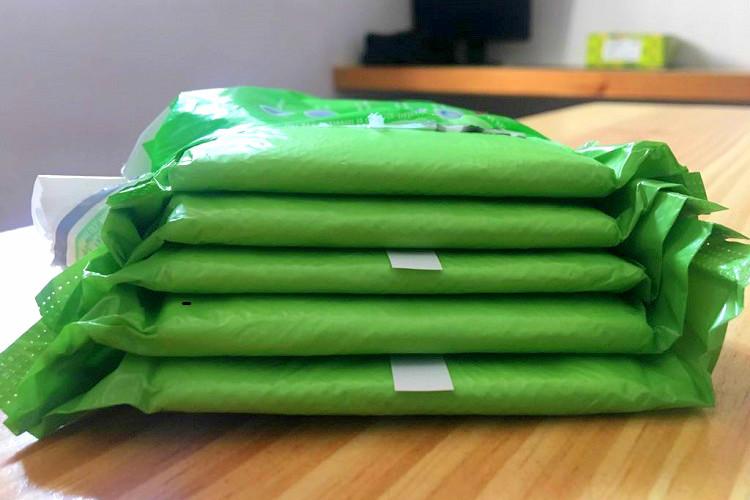
The Department of Women, Youth and Persons with Disabilities (DWYPD) has encouraged citizens to break negative social norms surrounding menstrual hygiene.
The department made the call on Thursday, ahead of Menstrual Hygiene Day, observed globally on 28 May.
The department, on the day, rallies behind global efforts to realise a world free from period poverty and stigma related to menstruation.
On Menstrual Hygiene Day, the global community reflects on the importance of menstrual health for women and girls.
The department said in underdeveloped and developing communities, socio-economic disparities are always reflected in the physical and health outlook of females.
It said women and girls from poor socio-economic conditions are worse off when it comes to managing their menstrual hygiene.
“The agony faced by women in not being able to access menstrual products is a sad reality because it endangers their health due to the fact that they have to resort to extreme measures like the use of unhygienic cloths, cow dung and sand to mitigate the absence of menstrual products.
“These unsanitary practises, done through desperation, result in infection, illness and even death for women and girls who also do not have access to quality healthcare. Women in rural areas are worse off as they do not readily have access to clean running water, and private wash facilities to manage their menses,” said department spokesperson, Shalen Gajadhar.
Sanitary Dignity Programme
In response to this, the South African government, through the Women, Youth and Persons with Disabilities Department, decided to launch the Sanitary Dignity Programme in 2019, and allocated a budget to ensure that girl learners in quintiles 1 – 3 and special schools receive free sanitary pads.
The Sanitary Dignity Implementation Framework addresses menstrual health and hygiene through a comprehensive approach, including access to products, education and water supply, sanitation and hygiene.
Gajadhar said government is further striving to ensure that there is enabling infrastructure in schools, where there is a clean and reliable supply of water in toilets, where girl learners can change their menstrual products in a clean, private and safe environment, and can hygienically dispose of used products.
He said it is against this background that the response to COVID-19 will adopt three interventions on products, Water Supply, Sanitation and Hygiene (WASH), and education.
“WASH is a fundamental requirement needed for achieving sanitary dignity in South Africa and elsewhere,” Gajadhar said.

